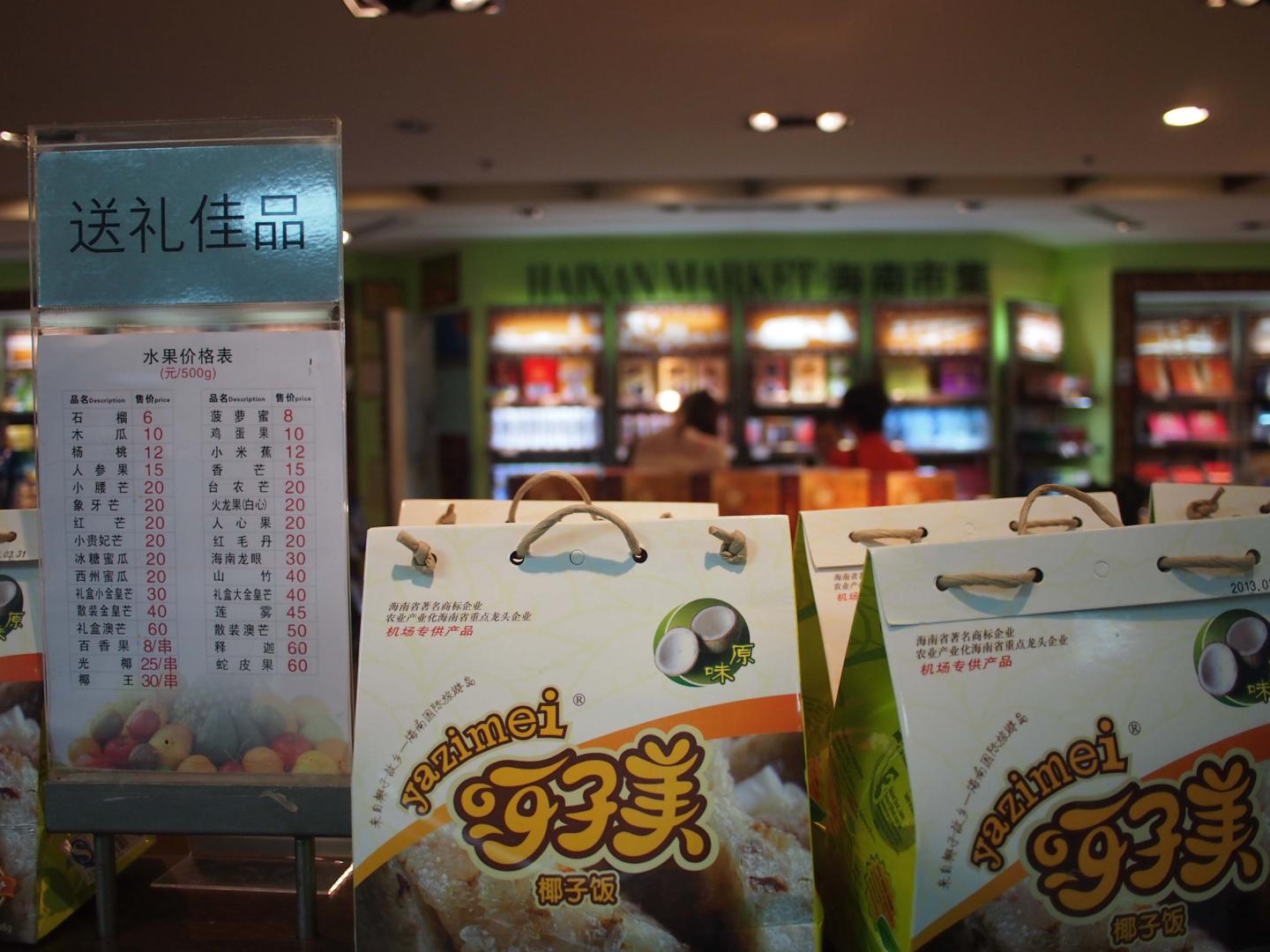Here’s an interesting piece on globalisation trends.
Here in East Asia, a minor story made the news last weekend. It concerned an agreement signed in June 2013 between the Xinjiang Production and Construction Corps (XPCC) and KSG Agro, a large Ukrainian agricultural group. The deal saw China buy nearly 100,000 hectares of Ukraine’s most fertile farmland, in the Dnipropetrovsk region. A vast area, almost the size of Hong Kong, changed hands. The Chinese intend to use the land for wheat and pig farming.
Financially speaking, this was a major investment: China is thought to be spending more than two billion euros on the purchase. The impact on agriculture in Ukraine can be regarded as historic and far-reaching. What is more, it is just an overture; in the future, China plans to buy almost another three million hectares of prime arable land in Europe.
Once considered the breadbasket of the Soviet Union, Ukraine, a land of fertile, black soil, is now the breadbasket of Europe. The Chinese purchase means that it will join the global food production network feeding China’s huge population, bringing Europe within China’s growing economic sphere.
Of course, growing and securing food beyond China’s frontiers forms part of Beijing’s long-term food self-sufficiency strategy. Prior to the land deal with Ukraine, China had already bought more than two million hectares of prime farmland around the world, mainly from South America. Hundreds of thousands of hectares of fields in Argentina and Brazil are being used to grow maize, soybeans and cotton for the Chinese market.
In terms of China’s internal development, this is due to the country’s rapidly advancing urbanisation, which will see over 300 million Chinese people moving to cities within the next two decades. That means much greater and more varied food consumption, and a period of structural change for China’s own agricultural production. Each year, China and Chinese enterprises need to buy and import more and more food and raw materials, especially meat, from abroad, to meet voracious demand among urban residents and China’s rapidly growing middle class consumers.
The Ukraine deal is also a fascinating indication that the Chinese are stepping up other investments, particularly in the former Eastern Europe: investing in new road networks, harbours, bridges, railway lines, and generally in industrial and agricultural production and transport infrastructure-related construction projects.
Until now, the Chinese have mainly targeted Africa and South America for investments of this kind; it now looks like it’s Europe’s turn.




Recommended